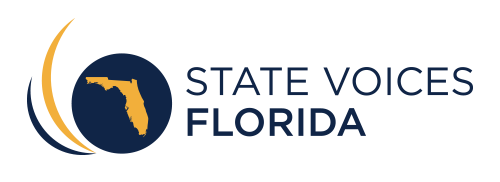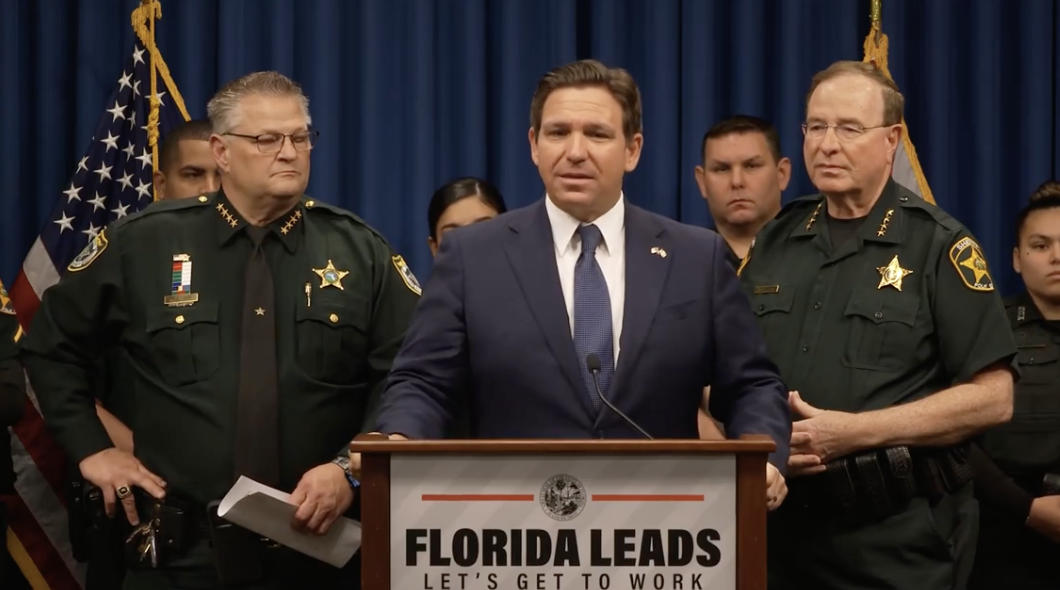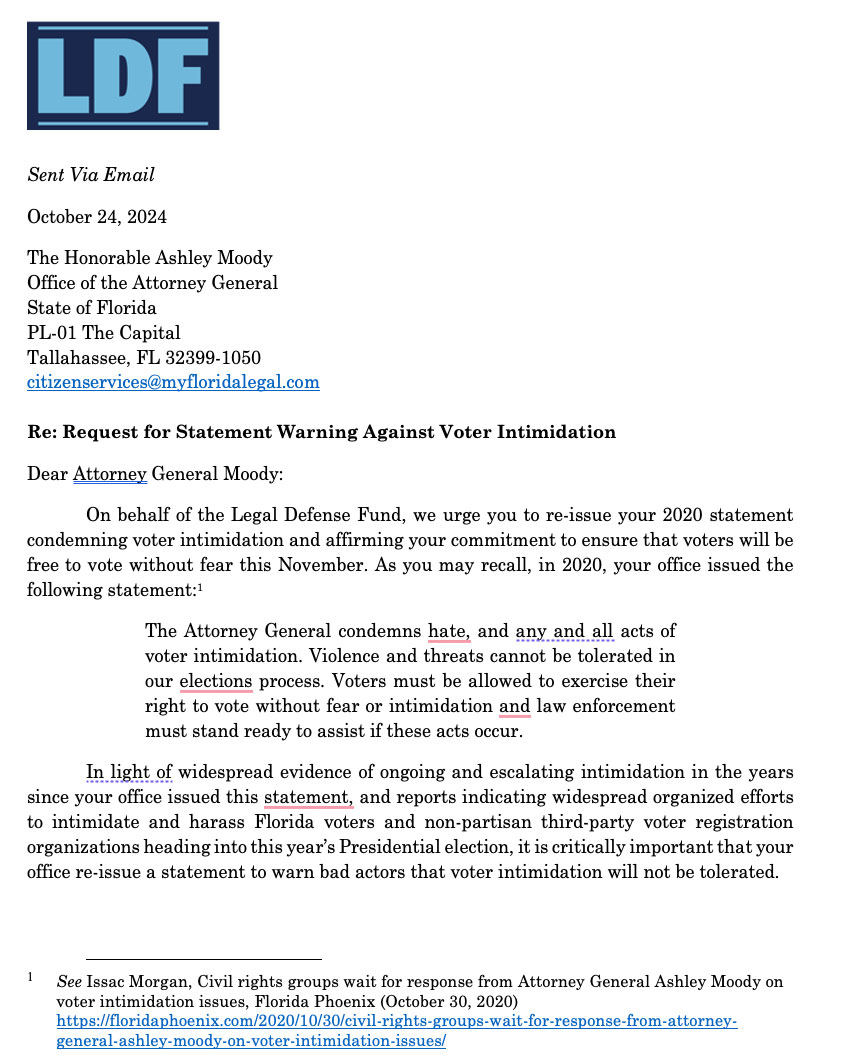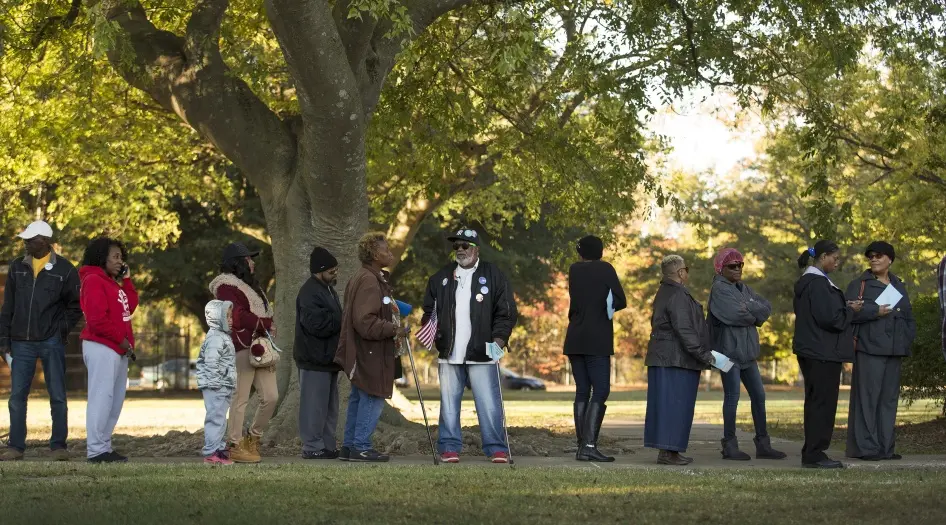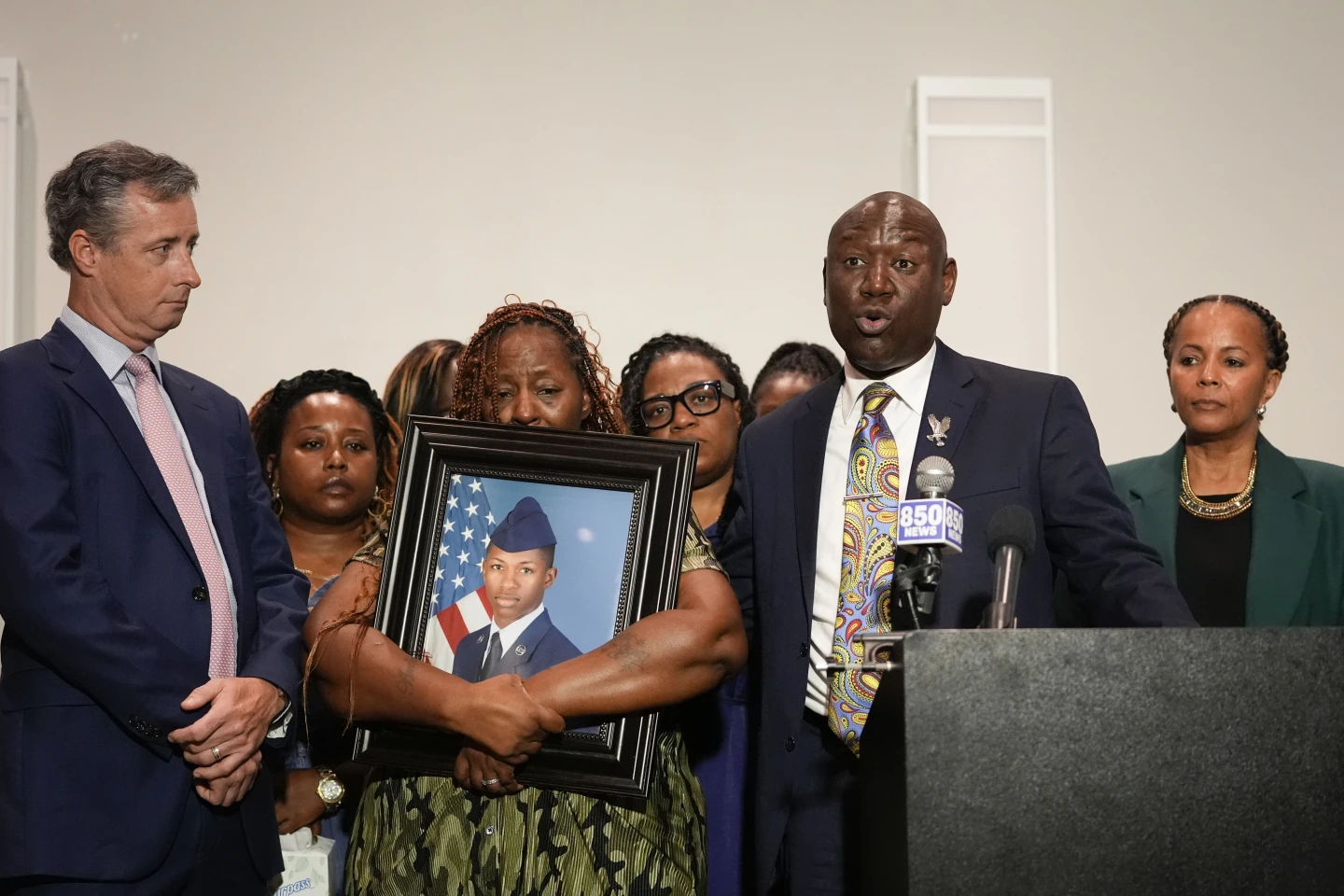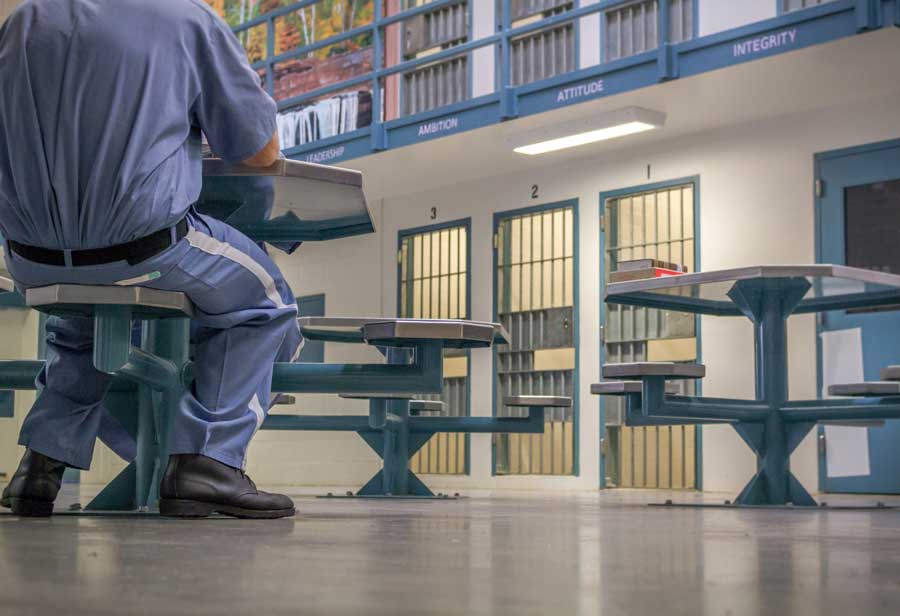President Trump began his pledge to give America a MAGA makeover Monday, taking a slew of executive actions to walk back Biden-era policies and fulfill bold campaign promises.
The big picture: Trump’s radical expansion of executive power will dramatically change life for millions of people if the orders withstand the barrage of legal challenges that are already coming.
President Trump executive orders list 2025
What Trump’s Day 1 executive orders do…
Immigration executive orders
Many of Trump’s first orders curtail immigration at the southern border.
- He promised mass deportations but hasn’t detailed how he would implement, staff and fund such a massive, costly operation.
Trump declares national emergency at Mexico border
Trump declared an emergency at the U.S.-Mexico border, vowing to deploy troops to the region, including the National Guard. He also instructed the secretaries of Defense and Homeland Security to construct additional border barriers.
- Trump designated “certain international cartels” and organizations, such as Tren de Aragua and MS-13, as foreign terrorist organizations and announced plans to invoke the Alien Enemies Act of 1798 to target them.
Two days after Florida’s GOP legislative leaders said that they were not aware of any specific guidance from Donald Trump about his plans to combat illegal immigration, Gov. Ron DeSantis responded Wednesday with a detailed list of proposals he expects the Legislature to approve when it convenes in the special session he has called for later this month.
“We are not approaching the new administration in a lackadaisical fashion,” DeSantis said during a press conference at the Polk County Sheriff’s Office. “We in Florida have a sense of urgency to accomplish this mission, and the mission is very simple. We need to end the illegal immigration crisis once and for all in these United States of America.”
The proposals he said he wants the Legislature to pass during the special session he called for Jan. 27 include:
- Require that city, county, and state law enforcement officers have “maximum” participation in any program to assist the federal government in enforcing federal immigration laws.
- Enact criminal penalties for illegal entry under state law.
- Appoint a state immigration enforcement officer to coordinate with federal authorities.
- Empower local authorities to detain and deport undocumented immigrants.
- Broaden the legal definition of “gang-related activities” so that it includes undocumented immigrants.
- Education and voting reform to discourage undocumented immigrants.
- Tightening voter registration laws to ensure that only Florida citizens can legally vote.
- Increase penalties for undocumented immigrants who commit voter fraud.
- Impose ID verification for foreign remittances.
- Bail and flight risk presumptions when undocumented are brought up on charges.
- Repeal the 2014 law allowing undocumented students to pay in-state tuition rates to Florida colleges and universities.
With its six-justice conservative supermajority, the Supreme Court has made a sharp right pivot in recent years, eliminating federal abortion rights, certain gun restrictions, and protections for the administrative state while also expanding executive power. To help you keep track of what’s happening this term, we’ll be periodically rounding up the biggest developments in Keeping Up With the Supreme Court.
Purging Voter Rolls Right Before an Election Is Now Legal—Maybe
The court has had a sleepy start to its new term, as it seemed to keep heavy cases off of the docket in anticipation of postelection litigation that never materialized because Donald Trump won decisively. Still, there were some noteworthy developments: Less than a week before the election, the high court issued an order in Beals v. Virginia Coalition for Immigrant Rights that is sure to influence future U.S. elections and inspire some states to push the boundaries of voter suppression.
This case went through the shadow docket, which means that while the justices sided with the state of Virginia, they did not provide a written explanation of their decision. (The three liberals did note their dissent, so we can assume it was a 6–3 split.) The ruling seems to fly in the face of the National Voter Registration Act, which explicitly prohibits the systematic removal of ineligible voters from official lists starting 90 days before a federal election. This is pretty much exactly what Republican Gov. Glenn Youngkin did with his eleventh-hour executive order that mandated Virginia election officials use data from the state’s Department of Motor Vehicles to identify and cancel voter registrations of residents suspected of being noncitizens, unless the resident could verify their citizenship within 14 days. The Biden administration, along with civic and immigrant rights groups, challenged the order in federal court—and in late October, a district court judge sided with them.
Dear President Biden,
On behalf of the 128 undersigned civil liberties, civil and human rights, faith-based, academic, and social justice organizations, we write to urge you to use your constitutionally provided power to commute the sentences of all individuals on federal death row. We commend your administration’s actions to repudiate capital punishment, including imposing a moratorium on executions for those sentenced to death, and for publicly calling for an end to the use of the death penalty during your 2020 campaign.1 In the face of a second Trump administration, more is necessary.
Forty people are currently on federal death row. Over half of those individuals are non-white, including 38% who are Black, despite Black adults representing 11.7% of the population.2 The federal death penalty is not immune from the hallmark irreparable failures of the death penalty at the state level.3 Indeed, the nation bore witness to thirteen executions in the final seven months of the first Trump administration, all of which were marred with devastating issues endemic to capital punishment like racial bias, ineffective legal assistance, unreliable forensic evidence, and defendants executed who had substantial intellectual disabilities and severe mental health conditions.4
With concerns about election dis- and misinformation coursing through the election cycle this year, a group of Florida voting rights and social justice groups are calling on every state and county elected official to be aware of election laws and communicate that information accurately to their constituents.
More than two dozen groups — led by All Voting is Local Florida, the NAACP Florida State Conference, Common Cause Florida, and the ACLU of Florida — have written a letter to state legislators and county commissioners stressing the critical role that they play in combating bogus information.
“While dis- and misinformation about our elections have circulated for many years, the 2020 election acted as the impetus for sowing doubt regarding the safety and security of our voting systems, particularly in relation to falsehoods perpetuated around the safety and reliability of vote-by-mail ballots,” the missive begins.
“All election disinformation is dangerous; according to POLITICO, ‘disinformation alone has now become the single biggest threat to electoral integrity in many countries around the world, meaning that what election authorities have traditionally seen as their biggest obligation — organizing technically competent free and fair elections — is no longer enough.’”
On the afternoon of May 3, Roger Fortson opened the door of his Florida apartment with a gun in his hand and was immediately shot six times by a sheriff’s deputy responding to a complaint about an argument.
Fortson’s supporters point to the deputy’s rapid decision to open fire and his mere presence at the apartment — where the Air Force senior airman was apparently alone and FaceTiming with his girlfriend — as proof that it was a blatantly unjustified killing and the latest tragedy involving a Black American being shot at home by law enforcement. Authorities, meanwhile, have seized on Fortson holding a gun when he answered the door to cast the shooting as a clear-cut case of self-defense for a deputy confronted with a split-second, life-or-death decision.
Investigators will consider these factors when deciding whether to charge the deputy in a case that also reflects the realities officers face every day in a country where millions of people carry guns, including in Florida, one of the largest gun ownership states.
The Legislature last year started awarding inmates free calls based on good behavior.
Calls home to family can offer the incarcerated a lifeline to the outside world. Now, the Senate wants more opportunities for prisoners to earn phone time for good behavior.
The latest offer from the Senate Criminal and Civil Justice Appropriations Committee budgets $2 million to a phone call savings pilot program for prison inmates’ families.
The Department of Corrections last year launched a pilot program that would make a limited number of phone calls free and to dole those out to inmates demonstrating good behavior.
